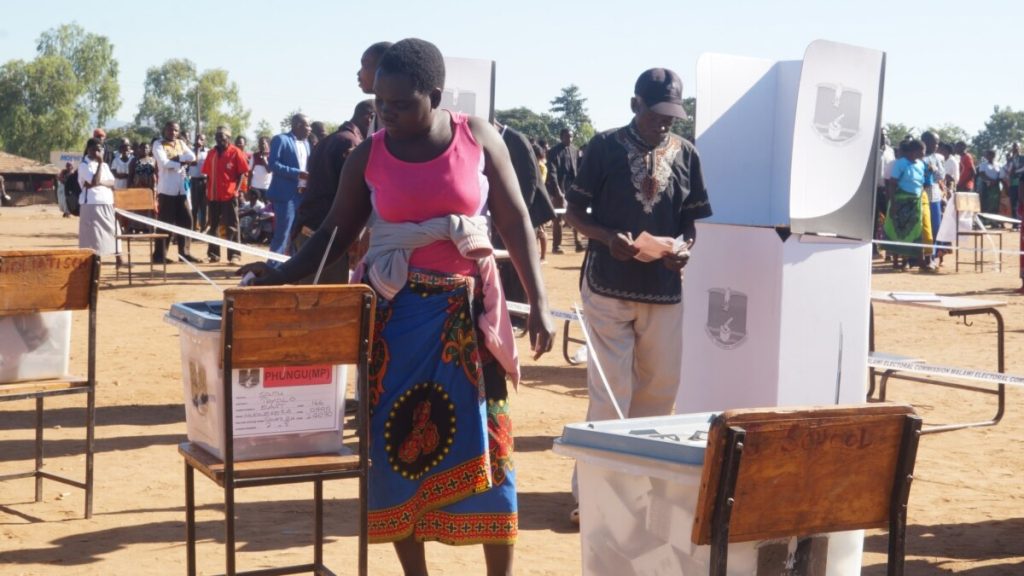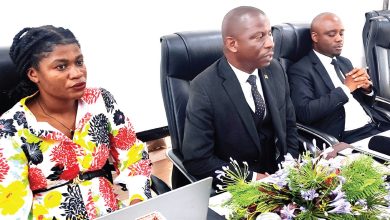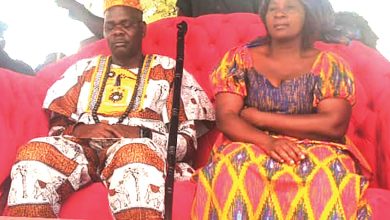Data show women’s representation stalling
Data from presentation of nomination papers for parliamentary elections show that the number of women aspirants in the September 16 2025 General Election is within the level of 2019 while that for local government elections has dropped.
Proponents of increased women representation in politics have described the figures as concerning given the energy and efforts invested to have more female candidates in the polls.

The Nation checks in 29 out of 36 district, municipal and city councils established that out of 1 132 aspirants contesting for 229 parliamentary seats, 254 are women, representing 22.4 percent.
In local government elections where 509 seats are up for grabs, 426 out of 2 384 candidates submitted are women, representing about 18 percent.
Malawi Electoral Commission (MEC) data show that 295 women out of 1 329 parliamentary aspirants contested in the 2019 Tripartite Elections representing 22.1 percent. In 2014, there were 304 female aspirants. On the other hand, 645 female candidates joined the race for the 460 local government seats which had a total of 2 709 candidates translating to about 24 percent.
The Nation was unable to get data from Kasungu, Lilongwe, Blantyre and Mangochi district councils as well as Kasungu Municipality and Mzimba North.
In the Northern Region, the data was collected from Chitipa, Karonga, Rumphi, Mzuzu, Mzimba South, Nkhata Bay and Likoma while in the Central Region Nkhotakota, Ntchisi, Salima, Dedza, Dowa, Mchinji, Ntcheu and Lilongwe City were covered.
For the Southern Region, the checks were done in Mangochi Town, Machinga, Balaka, Zomba, Neno, Zomba City, Mwanza, Phalombe, Chiradzulu, Mulanje, Blantyre City, Chikwawa, Thyolo, Luchenza Municipality and Nsanje.
Speaking in an interview, Women’s Legal Resource Centre (Worlec) executive director Maggie Kathewera-Banda said more than 700 women initially expressed interest to contest in the general election but some dropped out because of nomination fees.
She noted that many women were not reached out with support as projects on female representation targeted 11 districts.
Kathewera-Banda said Worlec and Oxfam in Malawi will support female candidates in seven districts with resources for campaign and awareness campaigns to encourage voters to choose female candidates.
In a separate interview, Ministry of Gender, Community Development and Social Welfare spokesperson Pauline Kaude said lack of support from political parties, communities and even families further hinder women’s ability to succeed in politics.
She also said in the digital space, many women also face bullying, including threats and false accusations, which can harm their reputation and confidence.
Catholic University of Malawi political science lecturer Sainala Kalebe called on political parties to have deliberate policies for promoting women to stand as candidates.
Under the political empowerment of women strategy, Malawi is targeting at least 35 percent of women winning parliamentary and local government seats in the 2025 General Election.
In the 2019 Tripartite Elections, 45 women won parliamentary seats in the 193-member House, an increase from 32 in 2014.





